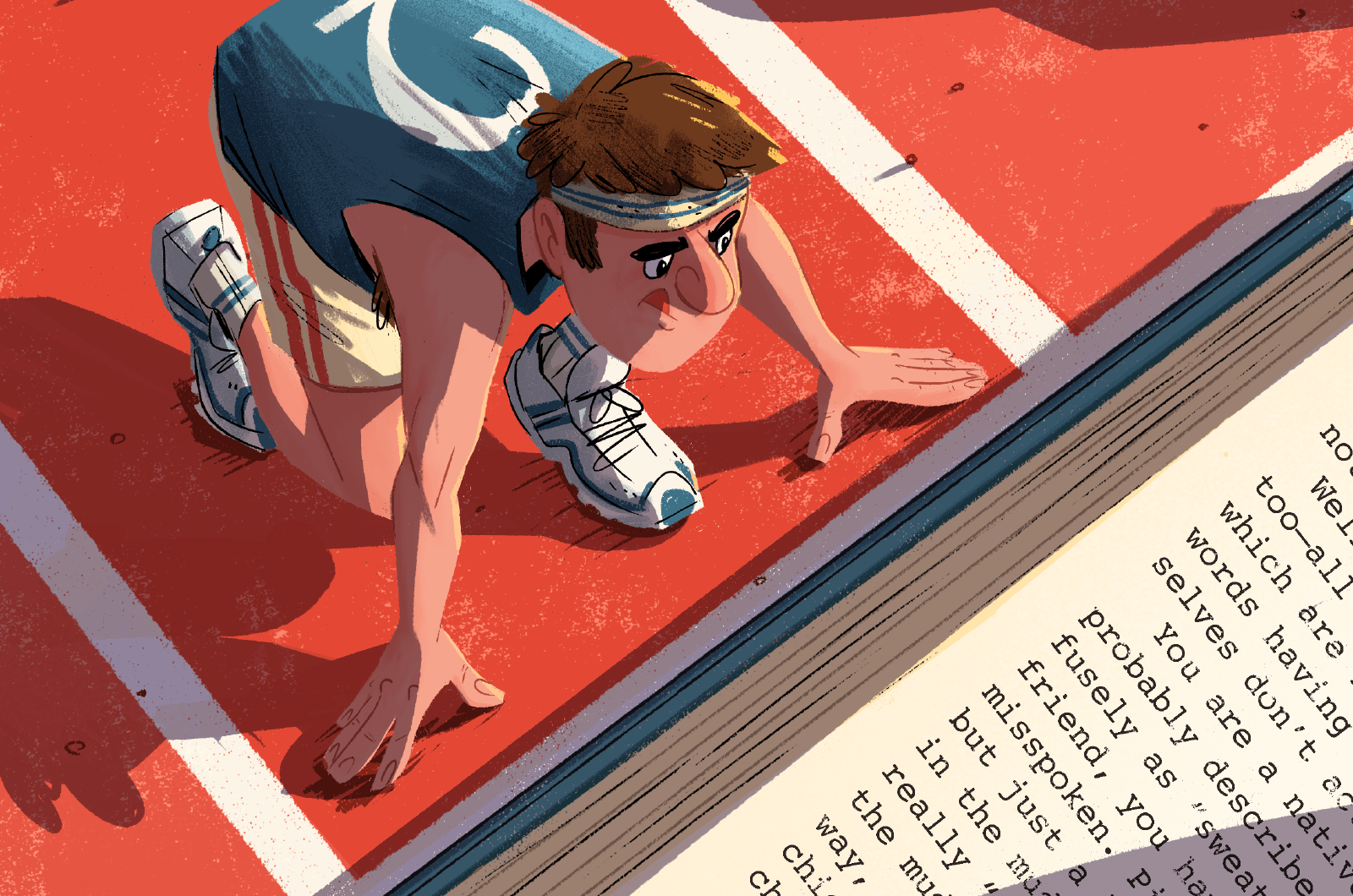How to Stop Being Afraid of Yourself
I often coach people who cannot make their free choices in life and follow them without remorse or reproach from their relatives so often that I find it pretty disquieting.
Usual Suspects
When presented with the simple rule of “Doing only what you want to do”, this type of client reacts with questions, doubts, and even indignation. Every day we meet, I encounter misunderstandings and resistance. I hear that living the way you want is impossible, dangerous and harmful, selfish, and contrary to all the rules of peaceful coexistence at once, which is fundamentally wrong, of course. We all know people like that – you tell them to sit, and they sit, ask them to stand still, and oblige. Many of them are over 40 already – indeed, the age suggesting a mature individual. They either do not listen to their desires or do not have them at all. Their needs are either suppressed or disguised. And it’s as if they don’t even live, but only solve problems one after another. Year after year. If they suddenly run out of problems, they start to invent them – it is as if life is more comfortable with ongoing concerns.
Psychological Portrait
The main driving force in their lives is a sense of duty. The main word is “must”. And always, always that poker face. Impenetrable. The attitude given to them by their parents states that if you live as you want, you will have to pay for it. As a result, already at the stage of barely conceived happiness, a person begins to fear that soon everything will be over, and further, it will be worse than it was. Therefore, when they have to make a choice, they choose something safe, neutral, or nothing at all. A college with less competition and close to home; a work that doesn’t pose challenges; not the spouse they are passionately in love with, but the one guaranteed not to leave for someone else. They lead a dull, monotonous life, practicing the script – both social and parental. They study, work, raise children, go camping in summer, and go to the theater in winter. Not because they want to, but because, from their point of view, this is what a “normal” life should look like.
Catastrophic Consequences
One of the medical outcomes of such lifestyle is an asthenic syndrome, mainly manifested in loss of energy, and its extreme consequence is depression. A person either wants nothing or only to lie down and die. Some people spend most of their lives in this state. Every day they overcome something, struggle with something, and believe that this is the only way to overcome the earthly lot. People, for the most part, do not enjoy life at all, and that, I think, is a great tragedy. Most people’s inner “must” is so dominant over everything else – “want,” “dream,” “can” – that when they do what they want, feel worse than when they do what they should. They are tough neurotics who live with great anxiety in their souls. They have suppressed not only desires but also any emotions. We, modern people, are a society in which unhappiness and depression, in general, are the norm of life. Here in Brazil, there is this nationwide idea that good times always end with a huge bill. The anxiety that you will have to pay soon is a national emotion. Why not break this vicious circle?
Erasing Patterns
Start small. When you sit at the table, don’t start eating until you’ve decided precisely what you want. Take some time, think about your favorite color, movie, book… Remember, desires have nothing to do with rationality, logic, or the “right choice.” That choice cannot be wrong. Learn to hear yourself instead of going along with other people’s desires. Develop your abilities and talents, and realize your little ideas, dreams, and goals. Do not be afraid to look odd in the eyes of the others – it’s your life! People around you don’t care – they have their own. We all envy people who walk into a store, take something off the rack, and go straight to the cash register. And immediately at the cash register, they change into their new clothes. This confidence and certainty apply to everything else in their lives: home, career, family, hobbies, etc.
How did they grow up like that? Simply, they were given the right to choose from childhood, and they knew from a young age that their desires were meaningful to others and the world, that their wishes were adequate and feasible, and that their desires usually materialized! Do that to your children, trust them, and they will have a chance.
Reinforcing Good Habits
Another problem is when there are too many wishes, and there is no way you can pick one. You can fight ambivalence only by setting a goal to bring each of your desires (to the point of absurdity) to their full realization. If you have made up your mind, then make it happen. For example, you and your girlfriend are going to the movies at 20.00, but then you got a call and were invited for a drink? No, you are already going to the cinema, and no, “newly discovered facts” can not serve as a reason to change plans. If you stick to this strategy long enough, wean yourself from floundering, making informed decisions will cease to be complicated. The result depends on how much you have suffered from your own suddenness and inconsistency and how much you are fed up with piles of things in the closet that you bought for some inexplicable reason and never put on… Reinforcing the good habits will surely take time – but this is your time, and you must learn how to protect it from pointless, absurd sacrifices – for the sake of yourself and your happiness.
For premium readers







